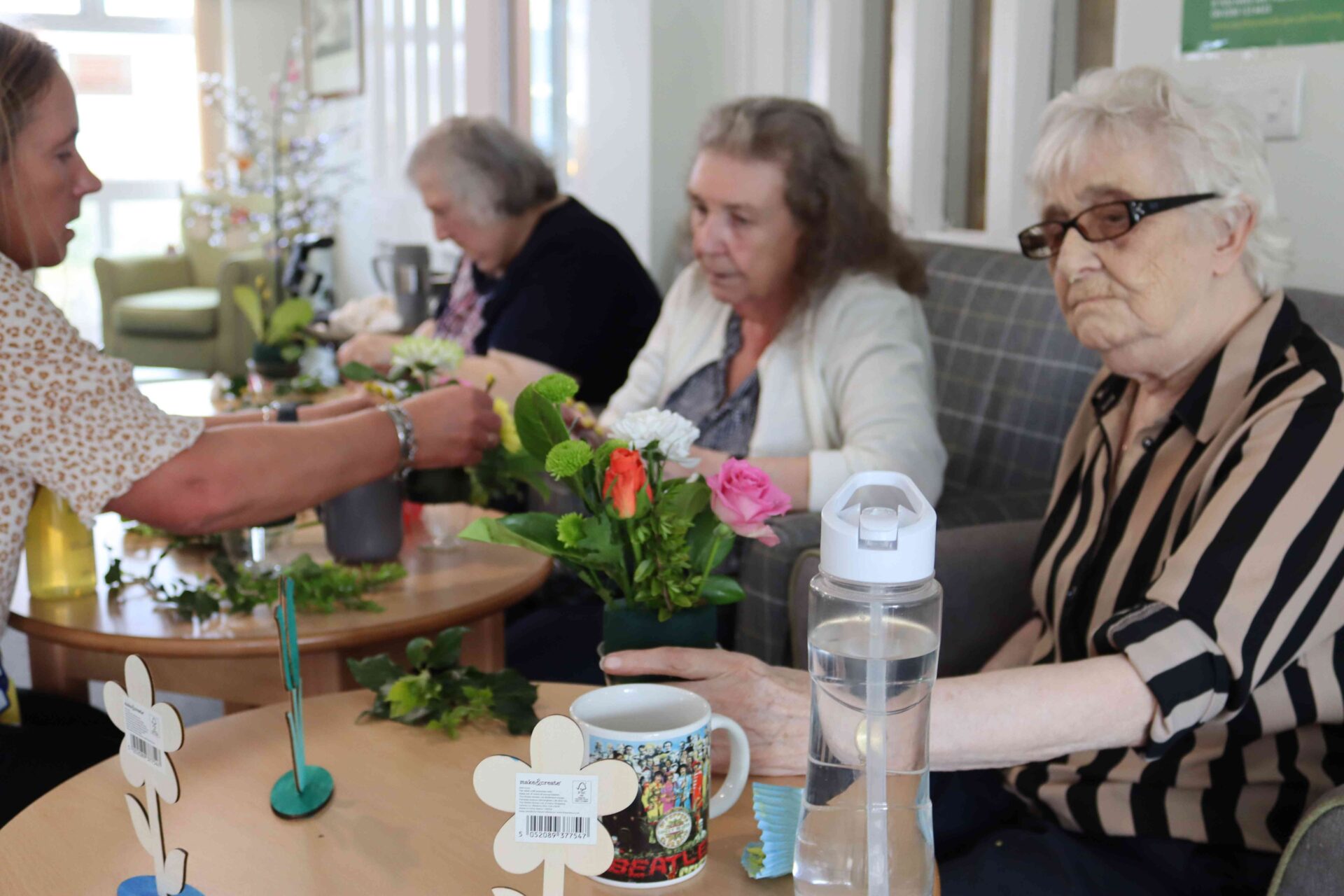September marks Alzheimer’s Awareness Month, and in preparation for our Dementia and Alzheimer’s event at Ramside Hall fast approaching we wanted to discuss the difference between dementia and Alzheimer’s.
Dementia
Dementia is a general term for the decline in a person’s mental ability that is severe enough to interfere with everyday tasks and their daily routine. It is important to understand that dementia is not a normal part of aging, and the symptoms should be taken seriously and should not be dismissed.
With dementia you experience a group of different symptoms including decline in memory, reasoning and other thinking skills. There are many different forms of dementia therefore the type a person has causes different symptoms. You can also experience ‘mixed dementia’, meaning you suffer more than one form simultaneously.
The cause of dementia is from damage to brain cells, specifically the cells that effect your ability to communicate. With these cells damaged, it effects the persons thinking ability, behaviour and feelings.
Alzheimer’s disease
The most common cause of dementia is Alzheimer’s disease, which affects roughly 60-80% of cases. Alzheimer’s disease is a degenerative brain disease that is caused by cell damage that then causes complex brain changes. These brain changes are what cause the dementia symptoms which progressively worsen over time.
Alzheimer’s disease is a physical illness that starts years before symptoms are developed and this disease is what cause Alzheimer’s dementia. The symptoms start of mild and therefore often go unnoticed.
When the brain’s conditions aren’t right, proteins can build up in the brain causing structures that make it difficult for the brain to work. These structures reduce the important chemicals needed to send messages around the brain.
Alzheimer’s dementia
Early sings of Alzheimer’s include trouble remembering new information. This is because Alzheimer’s affects the learning part of the brain first. As the disease advances the person could experience disorientation, confusion and behaviour changes. These behaviour changes often include difficulty swallowing, talking and walking.
Atypical Alzheimer’s is when it starts in a different part of the brain, not the learning/memory part. For example, it could start in the posterior cortical atrophy which affects a person’s vision.
Risk factor
The greatest risk factor for developing dementia is age and the majority of those who suffer with dementia are aged 65 or above. Two thirds of those living with dementia have Alzheimer’s disease.
Other dementia types
A healthcare professional must diagnose dementia and what form a person has. This can include:
- Vascular dementia which affects the blood supply to the brain.
- Lewy Body dementia is when protein clumps up and forms structures in the brain that leads to Lewy Body disease.
- Parkinson’s dementia is associated with Parkinson’s disease, meaning movement problems lead to this form of dementia.
- Frontotemporal dementia affects the front and sides of the brain (front and temporal).
- Mixed dementia is when a person is experiencing two or more types of dementia and the different symptoms of each.
To get tickets to our FREE ‘Alzheimer’s ‘Living with Alzheimer’s and Dementia’ event, visit the following link: https://www.eventbrite.com/e/living-with-dementia-alzheimers-tickets
To read our blog from Dementia Awareness Week visit: https://www.dalecare.co.uk/news/dementia-awareness-week/








